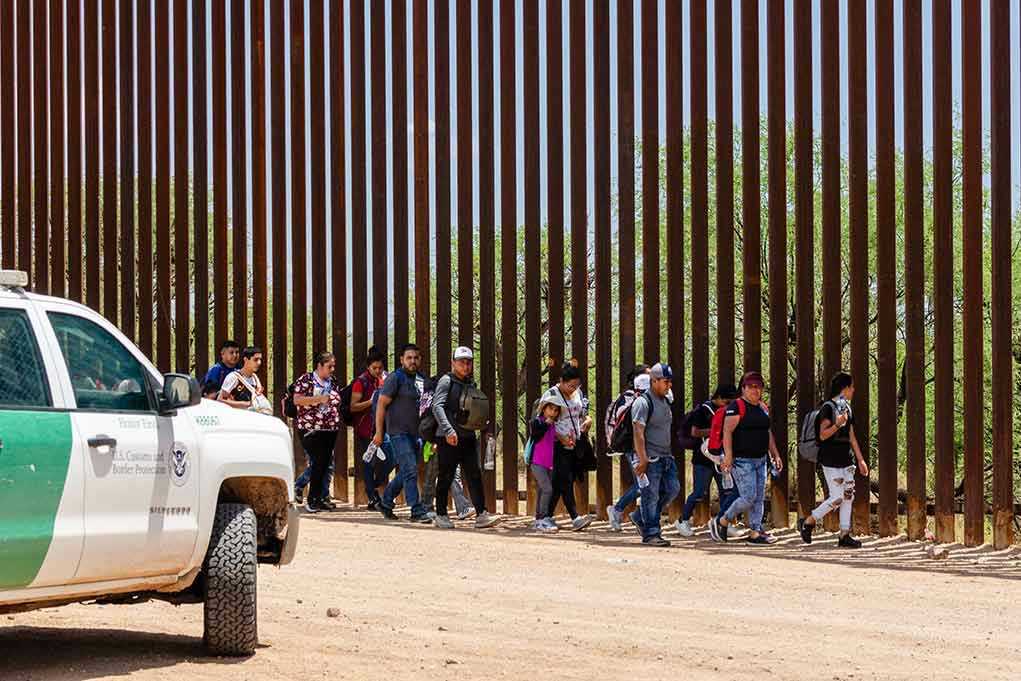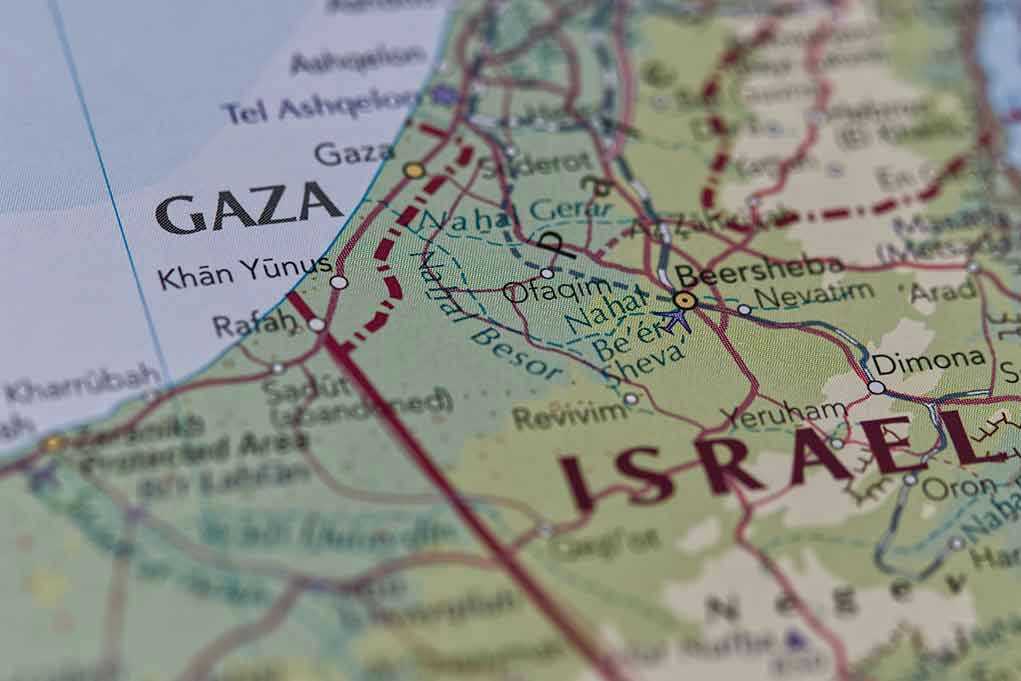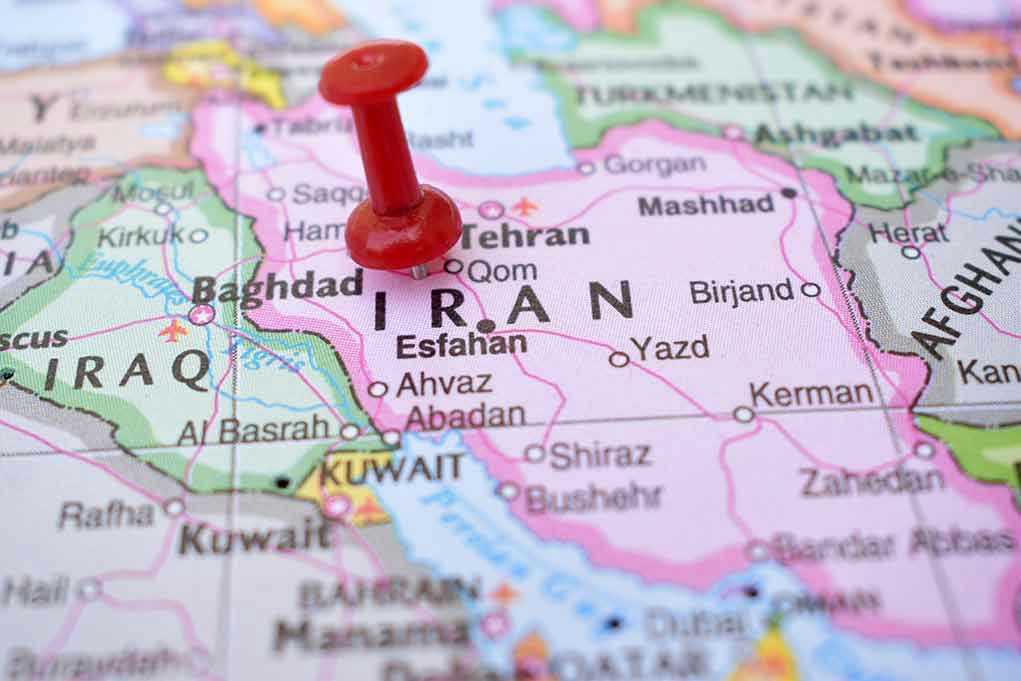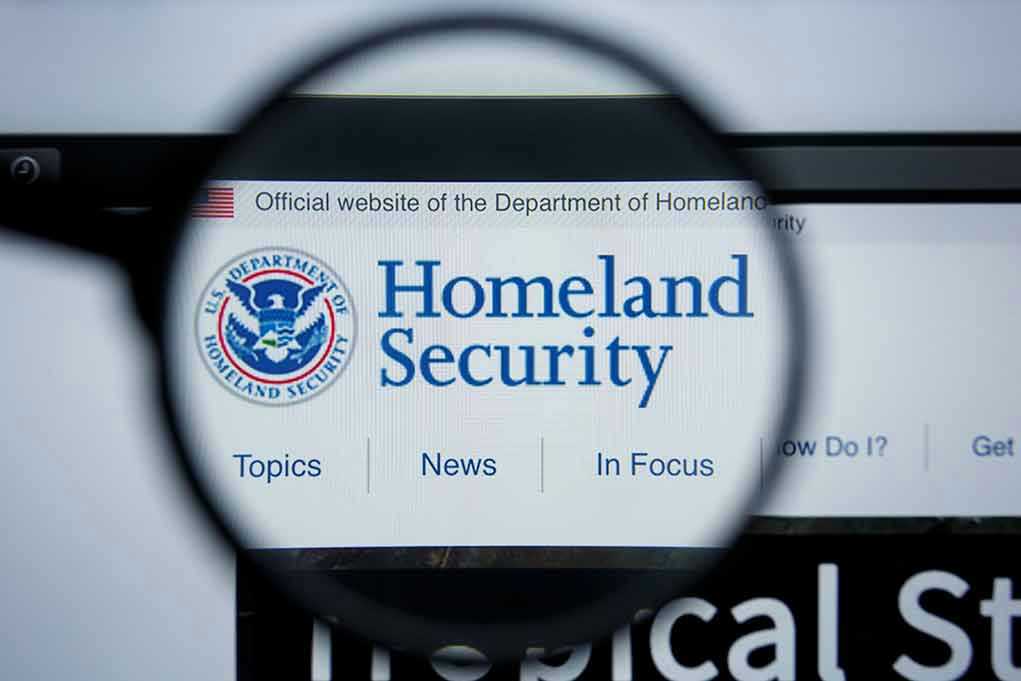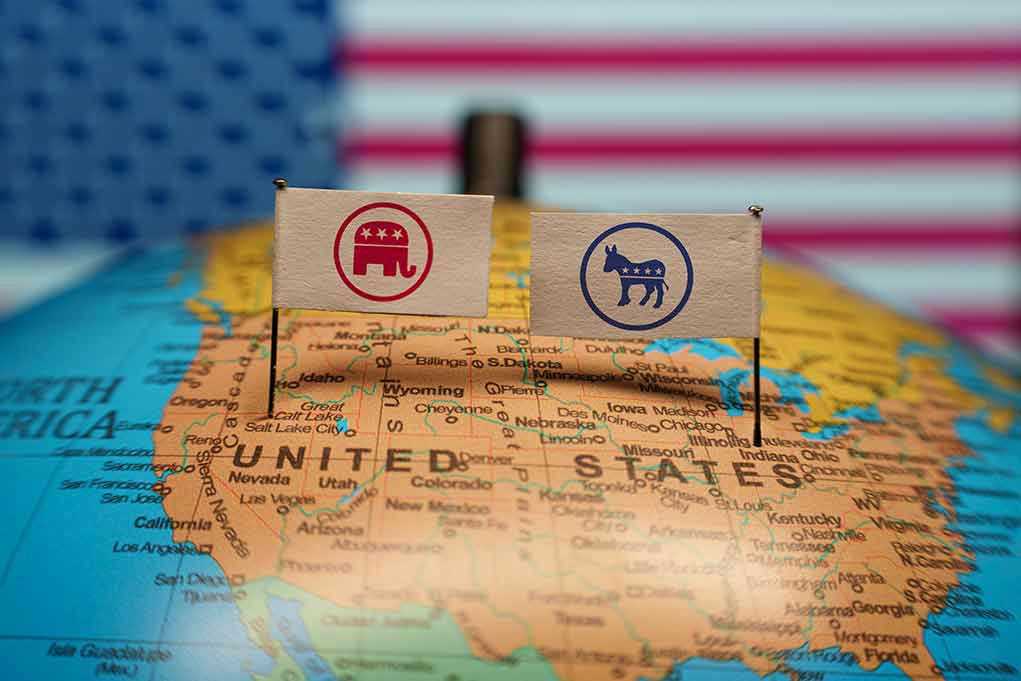
Just when you thought the government’s war on common sense couldn’t get any more absurd, NPR’s own public editor now claims the left-leaning network’s bias is simply a matter of “geography” — not politics — as accusations and lawsuits fly over taxpayer funding and ideological slant.
At a Glance
- NPR’s public editor Kelly McBride insists accusations of political bias are actually “geographic bias,” despite mounting criticism from conservatives and the White House.
- President Trump signed an executive order to slash federal funding for NPR, calling it “Democrat propaganda,” triggering a federal lawsuit from NPR and affiliates.
- Public funding cuts threaten essential NPR programming in rural and underserved communities, raising questions about media accountability and government overreach.
- The controversy highlights deepening distrust in media and intensifies the debate over the role of journalism and federal funding in a polarized America.
NPR’s Public Editor Spins Accusations of Bias as “Geographic” Instead of Political
Kelly McBride, NPR’s public editor and a so-called media ethicist with the Poynter Institute, has stepped into the ring to address the tidal wave of criticism directed at NPR’s editorial standards. Her take? That the network’s supposed “political bias” is really just a matter of geography. According to McBride, the real issue is that NPR’s journalists are concentrated on the East and West Coasts, not that they’re overwhelmingly left-leaning or out of touch with mainstream America. This, she argues, is something NPR works hard to “compensate for.” If you’re keeping score at home, that means if you notice a relentless progressive bent in NPR’s coverage, you’re not seeing political activism — you’re just witnessing a little coastal flavor.
The White House under President Trump wasn’t buying it. Deputy press secretary Harrison Fields fired back, accusing NPR of “flagrant bias” and insisting the American people shouldn’t have to bankroll what he called “Democrat propaganda.” In short, while NPR’s ombudsman is busy spinning a geography lesson, the administration saw a taxpayer-funded megaphone for the left — and decided enough was enough.
Trump’s Executive Order and the Battle Over Taxpayer Funding
Fed up with what he saw as reckless abuse of tax dollars, President Trump signed an executive order to cut off federal funding for NPR and PBS. The move, naturally, sent the public media world into a tailspin. NPR, along with several public radio stations, immediately filed a federal lawsuit, arguing the order was a violation of the First Amendment. For years, conservative lawmakers and commentators have argued that taxpayers shouldn’t be forced to subsidize media outlets they believe are openly hostile to their values and way of life. Now, with the stroke of a pen, the administration put that debate front and center in the courts.
This isn’t the first time Republicans have targeted public broadcasting. Attempts to cut or eliminate funding have surfaced repeatedly, always sparking fierce debate about the role of government in media. But the sheer brazenness of labeling NPR as “Democrat propaganda” and pulling the plug on funding made this round especially heated. Public media defenders countered that such moves threaten vital programming in rural and underserved communities, including Native American populations, who rely on NPR for news and information.
A Flashpoint in the War Over Media Trust and Federal Power
The NPR controversy is about much more than one network’s editorial slant. It’s a flashpoint in the ongoing war over media trust, the weaponization of taxpayer funding, and the relentless advance of leftist ideology through institutions that were supposed to serve the public — not indoctrinate it. McBride’s attempt to reframe bias as a geography problem rings hollow to millions who see NPR’s content as emblematic of everything wrong with elite, out-of-touch media. At the same time, the lawsuit and ensuing battle underscore just how high the stakes have become, with both sides invoking the Constitution and the future of public discourse itself.
Meanwhile, the practical effects of the funding cut loom large. If NPR loses federal support, stations in rural and remote areas could go dark, leaving many without access to any nonpartisan news at all. Critics argue that’s a small price to pay to stop what they see as government-funded activism, while supporters warn of a chilling effect on free and independent journalism if support becomes contingent on political approval. The outcome of the legal fight will set a precedent for years to come, either reinforcing or challenging the notion that the government can — and should — pull the plug on media it deems too partisan.
The Real Issue: Media Elites, Taxpayer Dollars, and the Future of Journalism
At its heart, this isn’t merely a question of political or geographic bias — it’s about who controls the narrative in America, and who foots the bill. When public editors start splitting hairs over the “type” of bias infecting their newsrooms, they’re missing the forest for the trees. The American people are sick of being told their hard-earned money should fund media organizations that seem more interested in pushing a progressive agenda than representing the full spectrum of American life. If NPR and its defenders want to regain public trust, they might start by acknowledging the real concerns of their critics instead of hiding behind semantics.
As the legal saga unfolds, the country will be watching to see whether the courts side with taxpayer accountability or with media institutions that have long enjoyed government largesse. One thing is certain: the days of uncritical support for public broadcasting are over. The fight over NPR’s future is a proxy for the larger battle over media, government power, and the values that define this nation. And if recent events are any indication, that battle is only just beginning.





